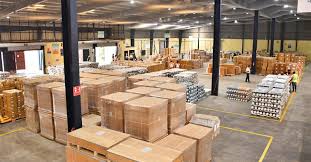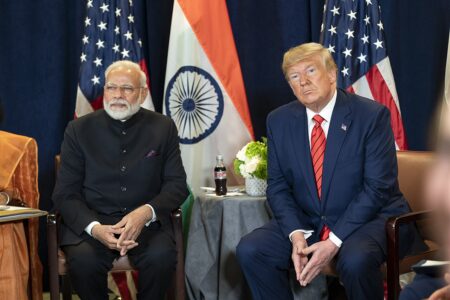Celcius Logistics, India’s fastest-growing cold-chain marketplace startup, announced the launch of its smart last-mile delivery platform that addresses and fixes the most pertinent pain points in India’s fragile cold supply chains. The brand has also partnered with vehicle owners and automotive manufacturers to create a robust on-ground network of reefer vehicles that will be integrated with the smart platform that has been created with a unique Inventory Management System (IMS).
Celcius has launched this platform in six metros and plans on expanding this to other tier-2 cities and towns in the next six months. The company has already secured contracts for storage and distribution from clients like Zepto, Maersk, Jubilant FoodWorks, and others, and also handles distribution for Zomato, Rebel Foods, and a host of other Cloud kitchens and local businesses who get instant access to all the asset inventory via Celcius’s last-mile delivery platform.
India currently incurs food losses worth about $14bn, due to inefficiencies in the cold supply chain, especially last-mile deliveries. Some of the most common challenges in the temperature-controlled last mile deliveries include lapses in maintaining optimum temperatures, using non-refrigerated vehicles for transit (since these generally include shorter distances), absolute lack of tracking and tracing technology to monitor this part of the distribution; a huge lack of smaller reefer vehicles which in turn force dealers and retailers to use non-reefer vehicles, handling of products with untrained drivers and delivery agents; and many other issues make the final leg of a supply chain the worst in terms of managing the perishable products.
Shippers also incur heavy revenue losses due to systemic gaps in the cold chain. Since each vehicle carries materials for multiple stores and ends up sorting and unloading at multiple stops, the temperature consistency is lost each time the doors are kept open while inventory is being sorted out. As a result, by the time the vehicle arrives at the final store, the product quality has deteriorated, resulting in rejections and returns, as well as revenue losses.

Through this platform, Celcius aims to connect various cold chain stakeholders and deploy tech-first solutions to reduce the massive in-transit wastage of perishables caused by cold chain malpractices and inefficiencies. Speaking about the new platform and the efforts to strengthen the last mile delivery of the cold supply chain, Swarup Bose, Founder and CEO, Celcius, said, “I am happy to announce the launch of our last mile solution for the cold supply chain which has been a labor of love for the past 8 months. With the success of our SaaS platform that focuses on the initial leg of the supply chain, we are now focused on strengthening the last leg of the journey with aggregation of existing small reefer vehicles and introducing a new range of reefer vehicles on Mahindra bolero, Tata 407, and Ashok Leyland Dost, among others.
Through this solution, we envision a nationwide network of these last-mile vehicles and storage points, making the primary and secondary movement and storage of perishables more efficient. As a platform, we aim to become the backbone upon which any entity involved in the manufacturing and distribution of perishable products can do so with absolute visibility of their product from end to end. We hope this endeavor can work towards reducing wastage, reducing prices, and enhancing the food security for the country.”
Celcius’s last-mile platform is designed to monitor and analyse gaps in distribution and deploy a predictive algorithm to eliminate potential risk areas, reduce bottlenecks, speed up ETAs, and provide shippers with absolute visibility of their product from start to end. Additionally, their optimised IoT devices which facilitate real-time tracking, are integrated with their in-house TMS and WMS systems and their SaaS platform, making it a seamless tech-enabled ecosystem, such that every product that is booked, distributed, and traced in real time, right up to the last single unit of milk, chocolate, medicine, and other temperature-controlled products.
Tech enablement not only optimises the last mile but also helps address issues of timely delivery and loss due to wastage, maximising profitability for all parties and enhancing food security in the country. Celcius has launched last-mile services in Mumbai, Pune, Bangalore, Chennai, Hyderabad, Kolkata, and Delhi NCR, with plans to expand to 11 additional cities over the next six months.Formed during the turbulent times of the global pandemic, Celcius has been on an aggressive growth path since inception, and in just two years, has recorded an ARR of INR 50 CR and recently closed USD 7.5 MN in funding rounds.
In the last year, the company has added over 3500 vehicles, 100+ cold storages, and grown 20X. Tie-ups with financial institutions and OEMs like Shriram Transport Finance, Mahindra & Mahindra, Ashok Leyland, and Tata will further accelerate the expansion and adoption of their last-mile delivery platform. In a country where 17% of the population goes to bed hungry, Celcius’ pioneering last mile delivery platform, reefer vehicle aggregation, and introduction of a fleet of new reefer vehicles under Vahan Vikas Yojana could well be the game changer.











